What could be more intriguing to four small boys than a river’s edge? Especially one with places where they can get right up to water, throw stones in to watch the splash, and look around for fish and other aquatic creatures.
Fortunately South Bend is named for the twist in the St. Joseph river it occupies and features several nice places to walk alongside the water. One of them offers a few places where kids can get close to the edge, plus has the bonus of going by a playground that is an excellent goal and terminus. During our recent visit, we took advantage of the pleasant weather to investigate.
The boys spent time collecting pebbles and small sticks and enjoyed throwing them in the water. The oldest, L, moved a small piece of wood near the edge and jumped back startled when something he described as a “small lobster” swam out from underneath. Further observation confirmed that he’d disturbed a crayfish who swam quickly away. Sadly I couldn’t get a good picture of it in the muddy water.
After a short but pleasant walk that featured a few low walls for boys to walk and trees just made for climbing attempts, we finished up at the playground where the boys got a chance to run, jump, climb, yell, and slide to their heart’s content.

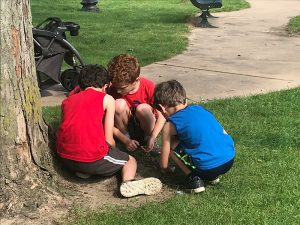

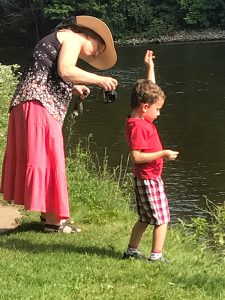








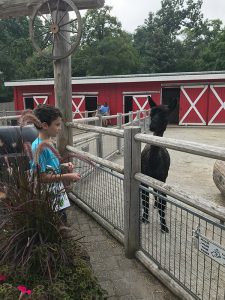
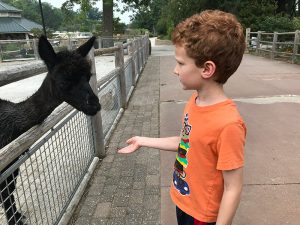

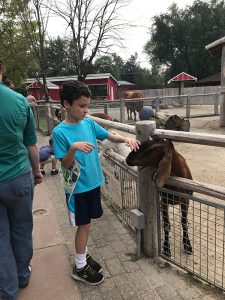
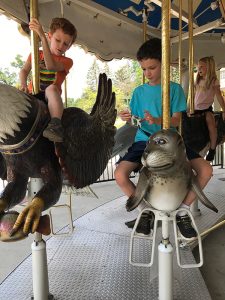
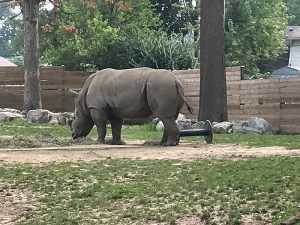







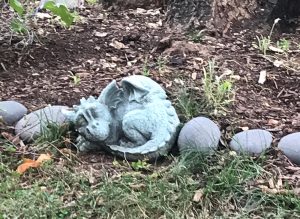 Caught site of this cute little fellow in a neighbor’s garden, looking like he just emerged from an egg with others still around him.
Caught site of this cute little fellow in a neighbor’s garden, looking like he just emerged from an egg with others still around him. I’m a few weeks into pulmonary rehab, which was the main recommendation of the pulmonary doc I saw back in May. All of my tests came back negative for Covid-related damage, which seems to be common with Long-Haul Covid, even though I was still having trouble with breathing and stamina (also common among Long-Haulers).
I’m a few weeks into pulmonary rehab, which was the main recommendation of the pulmonary doc I saw back in May. All of my tests came back negative for Covid-related damage, which seems to be common with Long-Haul Covid, even though I was still having trouble with breathing and stamina (also common among Long-Haulers).
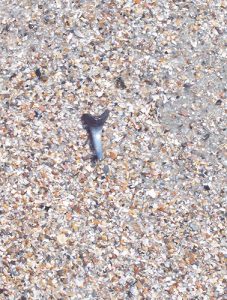

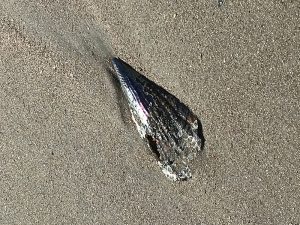



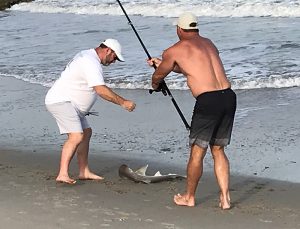
 Not too long ago I went with my family for a week on the beach at Edisto Island. Twice a year, late spring and early fall, we do a coastal retreat. We all need some time out after the stresses of the previous year, and for me it meant a break from thinking about Covid and working on my recovery. Fortunately, I was in pretty good shape at the time, several weeks past the last relapse and functioning well. I was up for those long walks on the beach, even if they’re not as long as they used to be pre-Covid.
Not too long ago I went with my family for a week on the beach at Edisto Island. Twice a year, late spring and early fall, we do a coastal retreat. We all need some time out after the stresses of the previous year, and for me it meant a break from thinking about Covid and working on my recovery. Fortunately, I was in pretty good shape at the time, several weeks past the last relapse and functioning well. I was up for those long walks on the beach, even if they’re not as long as they used to be pre-Covid. What it does have is the ocean and a wonderful beach. We make our treks there on the shoulders of the main season, sometime in May, and again in late September or early October, and at that time, the beach is rarely too crowded. The space between water and dunes narrows at high tide, forcing people together more, but there’s still plenty of room and quiet. The weather can be a question mark, sometimes too cool and too windy for comfortable walks. But picking those almost off-season times lets us afford a house right on the ocean-front.
What it does have is the ocean and a wonderful beach. We make our treks there on the shoulders of the main season, sometime in May, and again in late September or early October, and at that time, the beach is rarely too crowded. The space between water and dunes narrows at high tide, forcing people together more, but there’s still plenty of room and quiet. The weather can be a question mark, sometimes too cool and too windy for comfortable walks. But picking those almost off-season times lets us afford a house right on the ocean-front.